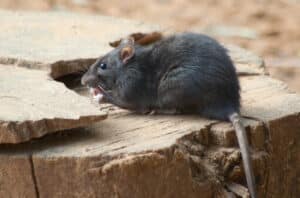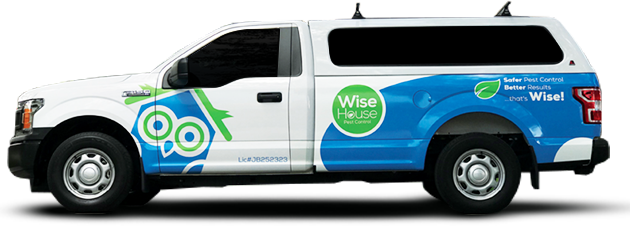Rat infestations are a persistent problem in Port St. Lucie, Fl. The warm and humid climate, coupled with the abundance of food sources and suitable nesting areas, makes this city an attractive habitat for rats. To effectively fight this problem, it is essential for residents to have a comprehensive understanding of how to safeguard your home against rats.

Effective rat control tips are crucial for maintaining a safe and healthy environment. Rats not only damage property through their gnawing and chewing habits, but they also pose significant health risks to humans as well as pets. From transmitting diseases to triggering allergies and asthma, rats can compromise the well-being of individuals and communities. Implementing preventive strategies and taking necessary actions will help ensure a rodent-free environment in your Port St. Lucie home. However, before we go through the tips on how to best control rats in your home, let’s first go over their origins, habits, and as well as their biology.
They are believed to have originated in Asia and spread to other parts of the world through trade and exploration. Rats are excellent swimmers and stowaways, which made it easy for them to hitch rides on ships, helping them spread to new continents. Rats often find their way into homes through small openings or cracks in the foundation, walls, or roofs. They can also enter through vents, pipes, and open doors. Once inside, they seek shelter and food sources, making your home an attractive target.
Rats are nocturnal creatures, meaning that they are most active during the night. They are omnivorous and will eat almost anything, from food scraps to pet food. Rats are excellent climbers and swimmers, allowing them to access various parts of your home very easily. They are are known for for living in walls, roofs as well as the basement of your home. They also can be found in outdoor sheds and barns.
Rats are small mammals known for their long, flexible tails and sharp front teeth. There are various species, with the most common found in South Florida being the Norway Rat, the Roof Rat and the Wood Rat.
Norway rats are mainly found outdoors, however, will go indoors to find food. You can find them in your home, sheds as well as barns. They feed on things from meats to various grains. Norway rats love to burrow and can typically be found in the basement of homes as well as crawl spaces. They generally have a very short lifespan. Female Norway rats can produce as much as 20 offspring in one year. They can grow up to 16 inches long in length with tails that are shorter than their bodies. They are usually brown or grey in color.
Roof rats are by far the most common rats that are found in South Florida. They can grow up to 8 inches long in length and have fairly long tails. The are typically black or brown. Roof rats are mainly vegetarian but will eat close to anything if they are seeking food and are very hungry. They are very sneaky and love to live and hide in dark places. They have fairly large ears and females can produce up to 20 offspring per year. Roof rats have a life expectancy of 3 years.
Wile wood rats are common in Florida, they are generally less common than Norway rats and Roof rats in South Florida. In fact, they are mostly found in areas in Northern Florida. They can grow up to 8 inches long and can be a big nuisance. They are typically seen in black or grey-brown in color and can resemble the look of a hamster. They have long, soft fur and have furry tails.

If you are dealing with a rat issue in your home, it may be best to seek a professional expertise from a pest control company who has experience eradicating rats in a human manner. At Wise House Environmental Services, we take your peace of mind seriously. Your satisfaction is our top priority. Get in touch with us today and learn more about our affordable monthly billing structure designed to fit any budget.


© 2023 All Rights Reserved. | Sitemap